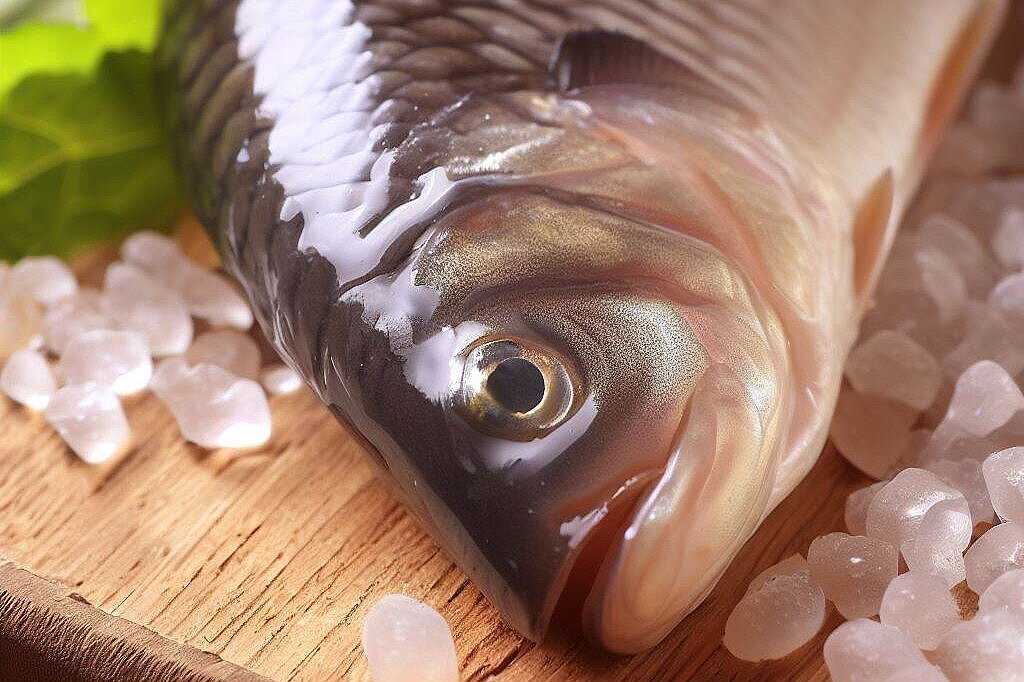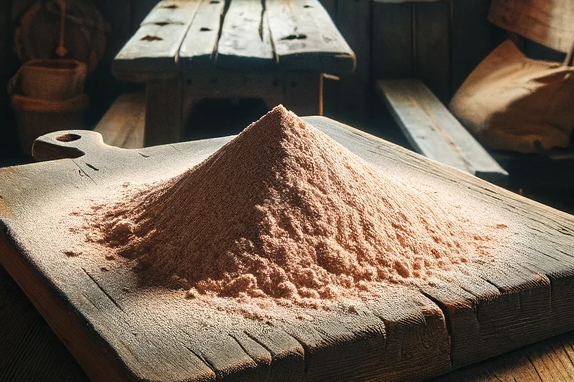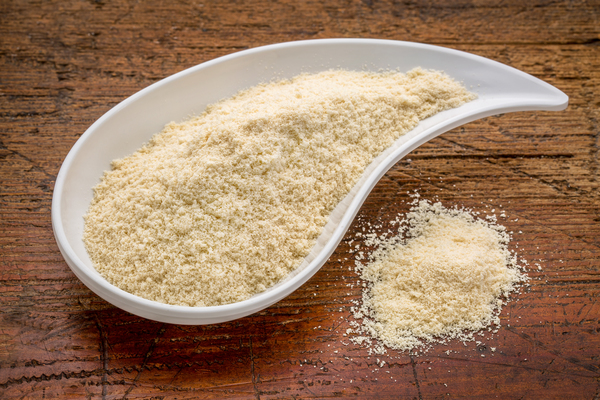Crustacean hydrolyzate

You may have heard of crustacean hydrolysate or seen it on the ingredients list of dog food or supplements. But what is it actually and how can it help or harm your dog? In this article, you'll find out everything you need to know about this special ingredient.
What is crustacean hydrolyzate?
Crustacean hydrolysate is a product obtained from the shells of crustaceans such as shrimps, crabs or lobsters. These shells contain a high proportion of chitin, a natural polymer that forms the structure and strength of the shells. Chitin is also a source of glucosamine and chondroitin, two important building blocks for mammalian cartilage and joints.
To produce crustacean hydrolyzate, the shells are first cleaned and crushed. They are then treated with enzymes that break down the chitin into smaller molecules. These molecules are then filtered and dried to obtain a powder or liquid. The result is a concentrate of glucosamine, chondroitin and other amino sugars called crustacean hydrolysate.
What are the benefits of crustacean hydrolyzate for your dog?
Crustacean hydrolysate is mainly used as a dietary supplement for dogs with joint problems such as osteoarthritis or hip dysplasia. Studies have shown that the intake of glucosamine and chondroitin can reduce pain and inflammation in the joints and improve the mobility and quality of life of dogs. Glucosamine and chondroitin have a synergistic effect, i.e. they reinforce each other's effect.
Crustacean hydrolyzate can also have other positive effects on your dog's health. For example, it can promote skin and coat health as it supports the formation of collagen, an important protein for skin structure. It can also strengthen the immune system as it contains antioxidants that fight free radicals. Free radicals are harmful molecules caused by environmental factors or aging that can cause cell damage.
What are the disadvantages of crustacean hydrolyzate for your dog?
Crustacean hydrolysate is generally well tolerated and safe for your dog. However, there are some possible side effects or risks that you should be aware of.
Firstly, crustacean hydrolysate can trigger allergic reactions if your dog has an intolerance or hypersensitivity to crustaceans. This can manifest itself in symptoms such as itching, skin rash, swelling or breathing difficulties. If you notice such signs in your dog, you should consult a vet immediately and stop taking crustacean hydrolyzate.
On the other hand, crustacean hydrolyzate can affect your dog's blood sugar levels, as it can inhibit the breakdown of glucose. This can be particularly problematic for dogs with diabetes or other metabolic disorders. If your dog suffers from such conditions or is taking medication to lower blood sugar levels, you should speak to your vet before using crustacean hydrolyzate and check your dog's blood sugar levels regularly.
Crustacean hydrolysate is a product derived from the shells of crustaceans and contains glucosamine, chondroitin and other amino sugars. It is often used as a dietary supplement for dogs with joint problems such as osteoarthritis, as it can reduce pain and inflammation in the joints and improve mobility. It can also promote skin and coat health and boost the immune system. However, crustacean hydrolysate can trigger allergic reactions if the dog is allergic to crustaceans and can affect blood sugar levels, which can be problematic for dogs with diabetes or metabolic disorders.
If you notice any signs of hypersensitivity or poisoning in your dog, you should see your vet immediately. We are not a substitute for a vet, but we try to be as accurate as possible. Every dog reacts differently and we recommend you get a second opinion or consult your vet if in doubt.
Stay healthy and take good care of your four-legged friend!😊
Similar to Crustacean hydrolyzate
Duck meat hydrolyzate is a product that is obtained from duck meat through the process of hydrolysis. During hydrolysis, the protein molecules of the duck meat are broken down into smaller peptide...
Fish hydrolyzate is a product that is obtained from fish or fish by-products. The fish proteins are broken down by enzymes or acids into smaller building blocks known as peptides. These peptides are...
Salmon hydrolysate is produced by the process of hydrolysis, in which salmon proteins are broken down into smaller peptide chains and amino acids. This breakdown is achieved by the addition of...
Protein hydrolyzate is a product that is created by artificially breaking down proteins. Proteins are large molecules that consist of many smaller building blocks, the amino acids. Using various...



